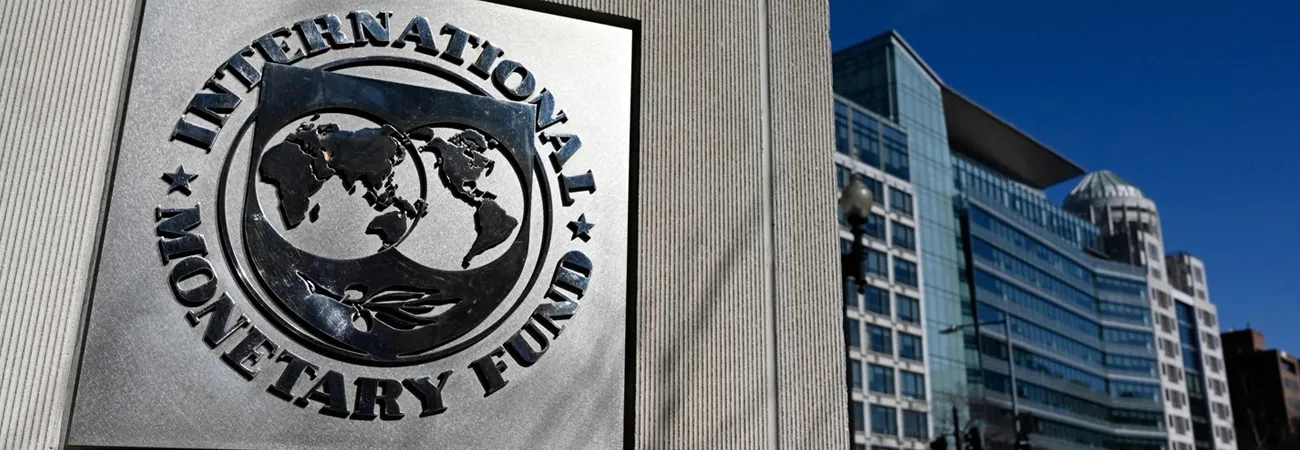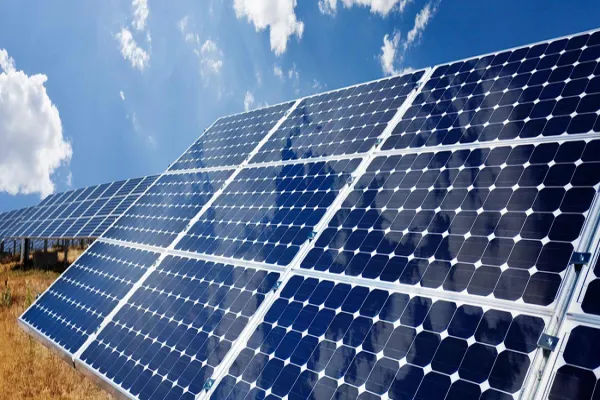i ECONOMY
Amid negotiations with the International Monetary Fund (IMF) for a new long-term loan programme, experts emphasise the critical need for carrying out fundamental reforms in Pakistan to cultivate export-oriented ethos across all sectors of the economy. Talking to WealthPK, Rafiullah Kakar, a member of the development project committee at the Ministry of Planning, Development and Special Initiatives, underscored that fostering a robust export culture was paramount to addressing the chronic shortage of foreign exchange, one of Pakistan's most pressing economic challenges. According to estimations by the IMF, Pakistan faces a staggering gross external financing requirement exceeding $25 billion annually for the next five years. While foreign borrowing and remittances contribute to meeting these needs, Rafiullah argued that prioritising exports offered the most sustainable, resilient and inclusive solution. He further said that existing "anti-export" policies had hindered the growth of the export sector. "High taxes and prolonged refund delays have drained liquidity from manufacturing sectors, which contribute significantly to tax revenue."
"Moreover, soaring power tariffs for industrial consumers, coupled with a sharp rise in gas prices, have rendered manufacturing activities financially untenable," he noted. Talking to WealthPK, Dr Muhammad Afzal, an economic adviser to the Ministry of Planning, Development and Special Initiatives, highlighted that increasing power tariffs beyond what people can afford tends to worsen the situation instead of improving it. "This leads to a decrease in industrial energy usage, causing a drop in industrial output, decreased tax revenues and employment rates, thereby causing inflationary pressures and restricting the private sector's liquidity and operational funds." He highlighted that addressing the issue of dismally low investment is equally critical. "Pakistan urgently requires foreign direct investment in export-oriented manufacturing to alleviate foreign exchange shortages and stimulate economic growth. However, prohibitive tax regimes, high energy prices, and overall economic instability deter potential investors."
Afzal further said that lowering power tariffs could significantly boost power consumption in key sectors like textiles, leading to substantial increases in revenue and exports. "Additionally, such measures would encourage a shift from costly gas-based generation to grid electricity, reducing the burden on domestic gas resources and cutting the LNG import bill." Afzal urged the government to implement confidence-inspiring economic policies and meaningful structural changes to foster a modern, diverse industrial base capable of competing effectively in international markets. He emphasised the importance of collaborative efforts to achieve robust export-led growth that addresses both immediate challenges and long-term economic goals. As Pakistan prepares for another IMF programme, experts stress the importance of bringing informal sectors into the formal economy and stimulating industrial activity. They advocate for policies that promote economic growth rather than taxing productive activities into oblivion. They suggest rationalising corporate tax rates, offering tax incentives for exporters and reducing power tariffs for industrial consumers to competitive levels.
Credit: Independent News Pakistan









